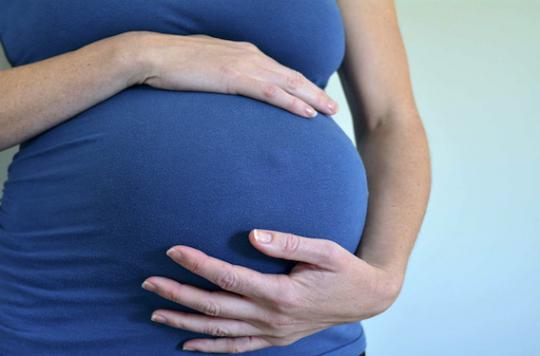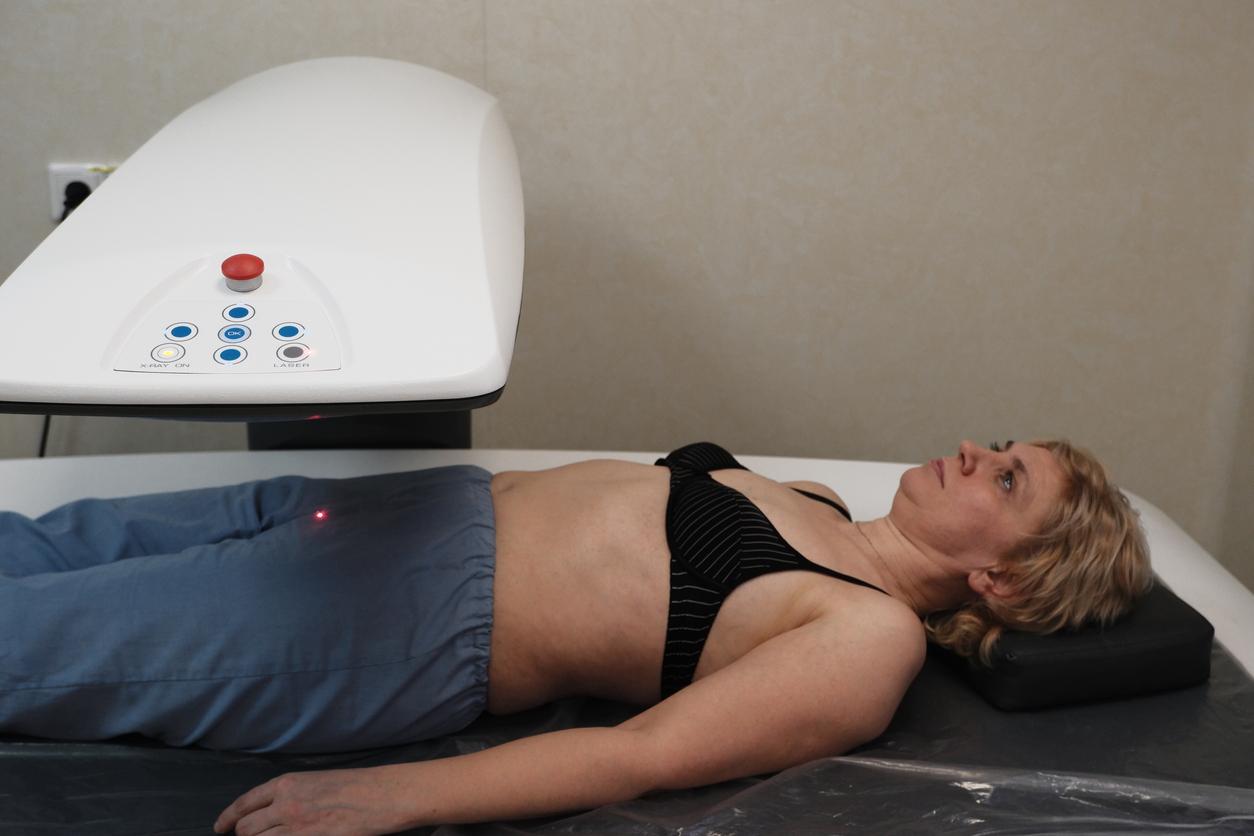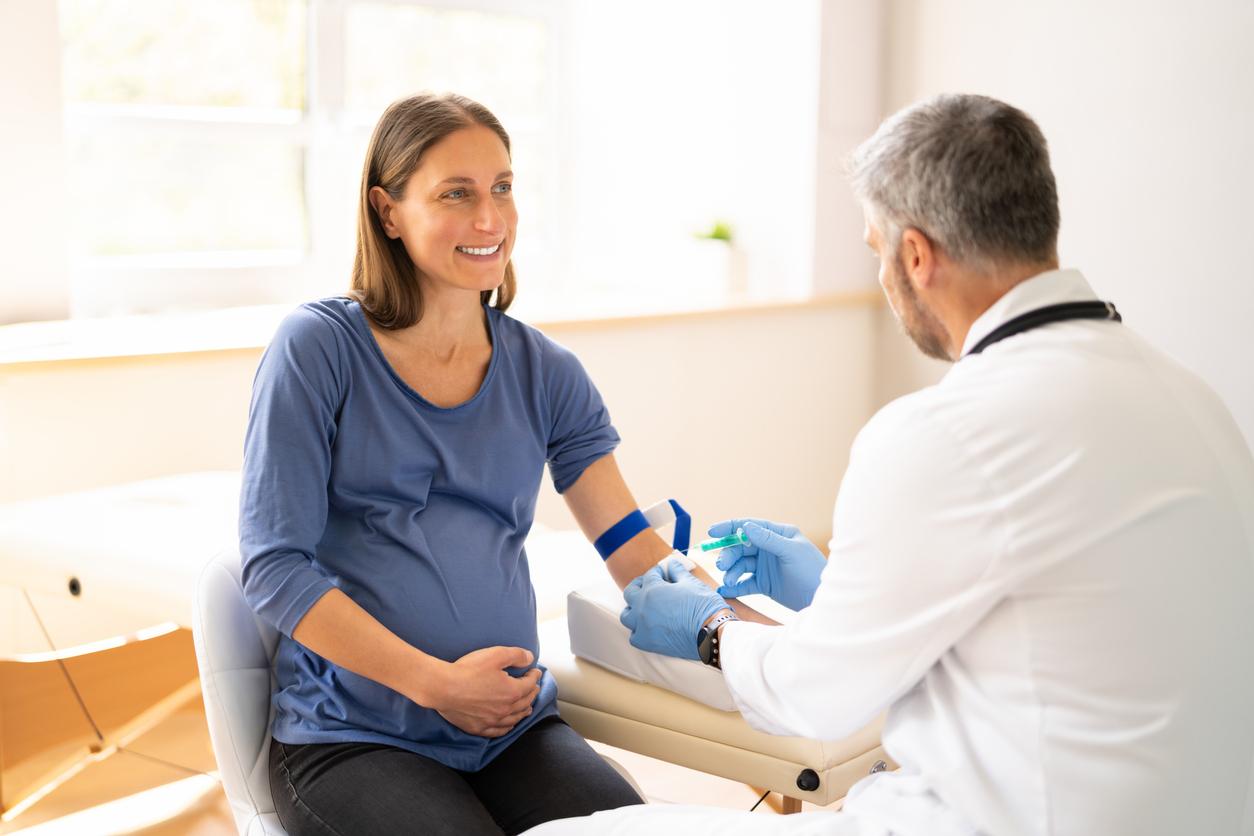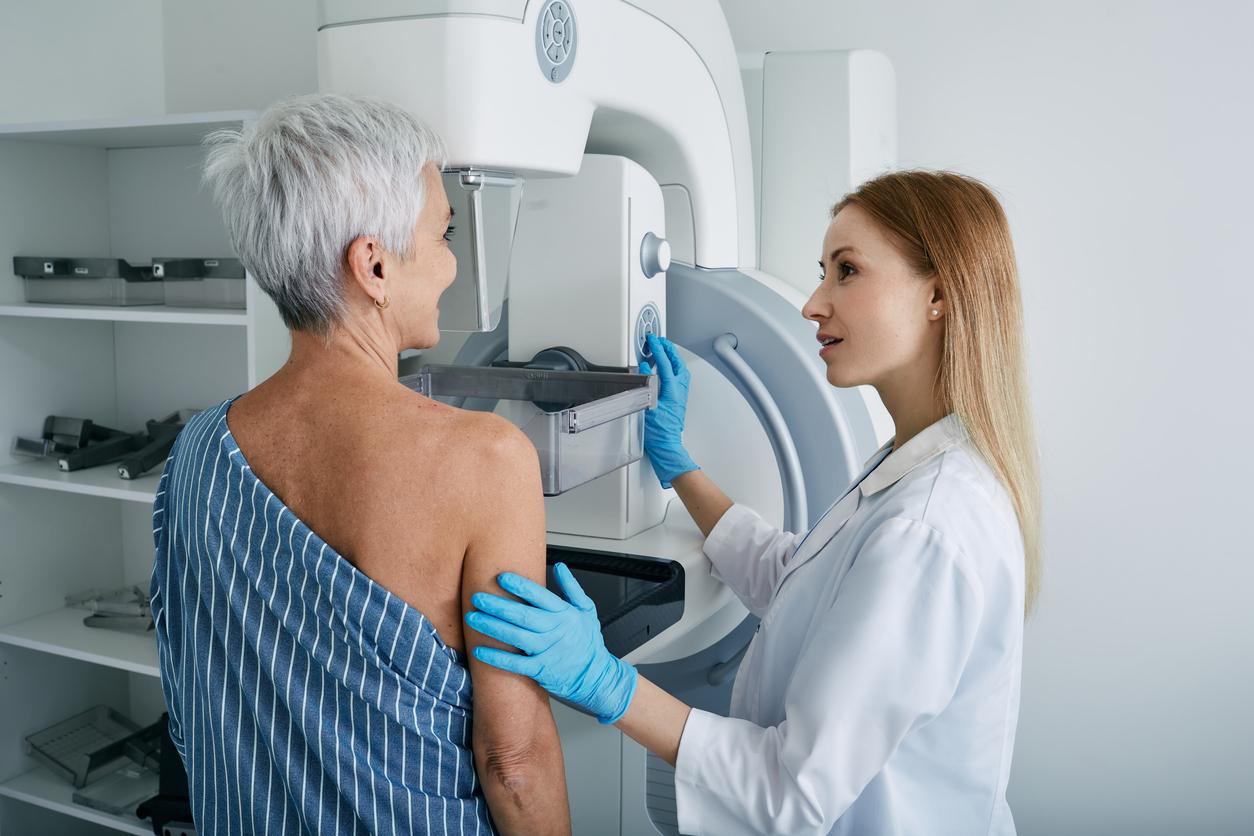The Haute Autorité de Santé is currently reassessing the screening methods for trisomy 21. It could give more space to genetic tests presented as more efficient.

In France, screening for trisomy 21, or Down syndrome, is offered to all pregnant women. Made on 1er trimester of pregnancy, this is based on the blood assay of maternal serum markers and the measurement of nuchal translucency (accumulation of fluid in the neck of the fetus). But in the future, methods for analyzing fetal DNA circulating in the mother’s blood may replace combined tests. Indeed, the Haute Autorité de Santé (HAS) is currently reassessing the trisomy 21 screening strategy and could lead to a prominent place for genetic testing. whydoctor takes stock of the advantages and limits of this genetic test, which arrived in France in 2013.
What are the benefits of this blood test?
A simple blood test. As with the current blood test, the non-invasive prenatal screening test (NIPT) is done after a simple blood test. This genetic test consists of analyzing fragments of fetal DNA circulating freely in the mother’s blood. It does not look for genetic mutations or genome alterations. NIPT looks for an overrepresentation of chromosomes 21, 18 and 13. If the analysis shows an excess of chromosomal material from chromosome 21, this suggests that the fetus may have trisomy 21 (T21).
99% of trisomies detected. According to the literature review carried out by the HAS, the detection rate of this test is greater than 99% and the false positive rate less than 1%. It is therefore more effective than the current blood test, which detects 70% of trisomies 21. Associated with the measurement of nuchal translucency, the combined test offered to pregnant women detects approximately 85% of trisomies 21. Thus, NIPT tests would allow to reduce the number of cases of T21 which are not identified, “subject to defining the place of this test in the screening strategy for trisomy 21”, underlines the HAS.
Nevertheless, the experts specify that the DNA analyzed “comes from the placenta and the information obtained from the NIPT tests is that of the placenta and not of the fetus itself, hence the risk of false positives which requires diagnostic confirmation by analysis. of the fetal karyotype after amniocentesis or choriocentesis”. Still, their high performance should make it possible to reduce the number of invasive examinations and consequently the number of miscarriages, recognizes the HAS.
Twin pregnancy. Unlike combined screening, NIPT tests can be used in twin pregnancies. In its first evaluation of the new tests, the HAS specifies that “combined screening is not validated in women with a twin pregnancy and this population has not been the subject of any evaluation by the HAS of the screening strategies”. .
What are the obstacles to its generalization?
Economic impact. At present, the use of NIPT is not integrated into the strategy for prenatal screening and/or diagnosis and is not covered by health insurance. “Laboratories, which in France offer pregnant women DPNI tests for T21 in parallel with combined screening, use non-CE marked tests”, recalls the HAS. Thus, pregnant women who decide to turn to these companies will have to pay 650 euros. Currently, two laboratories offer it in France. According to one of them, more than 6,000 women have done it since 2013. A two-speed medicine that some specialists deplore.
Ethics. Many voices are raised to denounce a potential eugenic drift. In April 2013, the National Ethics Advisory Committee also highlighted this risk. “The apparent simplicity of implementing fetal screening tests for trisomy 21 by taking maternal blood, which leads to a technical improvement in screening, and the simplification of the procedure carried out very early in pregnancy are perceived by some […] as an additional step in its trivialization and the risk of a “tracking” of trisomy 21″, wrote the CCNE at the time.
In the second part of its reassessment, the HAS will have to look into these economic and ethical issues.
.

















